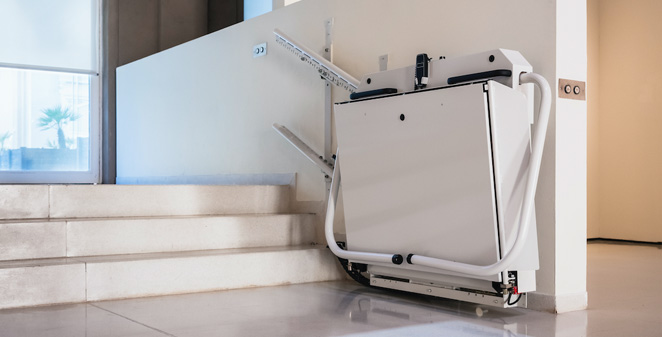If you’ve been toying with the idea of installing an elevator in your home, you may have been put off by how expensive you assume it will be. But did you know that if you’re installing the elevator for health reasons (i.e., decreased mobility, physical disability, etc.), you may be able to ask your health insurance to cover part of the expense?

A home elevator may be eligible for reimbursement if you have a flexible spending account (FSA), health savings account (HSA) or health reimbursement arrangement (HRA) and can provide a Letter of Medical Necessity (LMN). You may be able to get coverage on expenses if you can prove the improvements are related to a medical condition. In addition, only the amount in excess of the increased value to property will be eligible for reimbursement.
You can’t get reimbursement, though, if you have a dependent care flexible spending account (DCFSA) or limited-purpose flexible spending account (LPFSA).
Medically-Necessary Home Elevators
Putting an elevator in your home may be medically necessary if you wish to continue living an independent life but face mobility issues due to physical disability or age. Home elevators are essentially practical additions to your home that can increase its value, so it’s important to realize the reimbursable expenses are only those which exceed the amount of value that has been added to the home.
Home elevators are a great choice for many disabled or aging homeowners, enhancing accessibility and allowing them to move heavy loads between floors. Not only can individuals move quickly between floors, but they can also perform tasks and chores that would otherwise require outside help from aides, house keepers, family members, etc. This isn’t always practical.
Home elevators can be customized with a variety of options depending on the configuration of the home. The mechanical type you choose as well as any accents or extras will influence the cost of the home elevator. Elevators will need to be inspected every year and will require routine maintenance and repair.
If your doctor has recommended a home elevator would be in your best interests because it is required for treatment, prevention, cure or diagnosis of a certain medical condition, you can obtain a Letter of Medical Necessity (LMN) for FSA, HSA and potentially, HRA reimbursement.
Your physician would be the one to write and provide this letter, which would outline your medical condition, how it necessitates the installation of a home elevator, and how it would aid in your everyday life.
Contact Mowrey Elevator
Now that you know how you will fund at least part of your new home elevator, turn to our experts to design and install it! Contact us today to get started.
